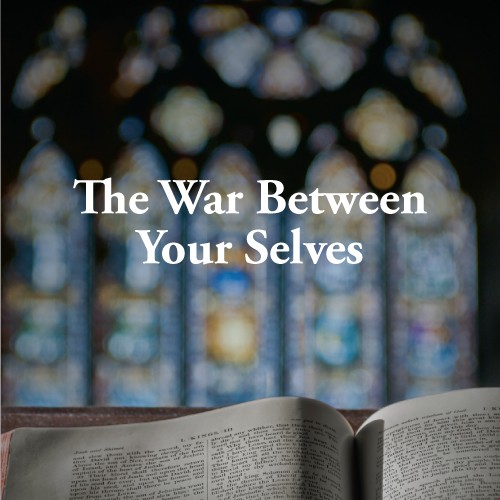
The Parable of the Beggar: On Hell
Tim Keller | July 17, 1994
Overview
We’re looking at the subject of hell, one of the most unpopular classic doctrines of orthodox Christianity. I’m asking you to consider it today for two reasons: 1) I submit to you that unless you understand, unless you can reflect on, unless you can agree with the Christian doctrine of hell, you have no idea of how much love God has shown us; and 2) Jesus, the one who teaches us the most about God’s love, is the one who teaches us this doctrine of hell. Jesus, the Lord of Love, the one who knew the most about love, teaches us the most about hell.
Jesus intertwined the love of God and hell so much that you really can’t reject just one and accept the other. They have to be taken together. Let’s take a look at what Jesus teaches in this story of two men. If we want to understand hell, we have to see what he says about 1) the two men in this life and 2) the two men in the next life and 3) the two men in our life.



